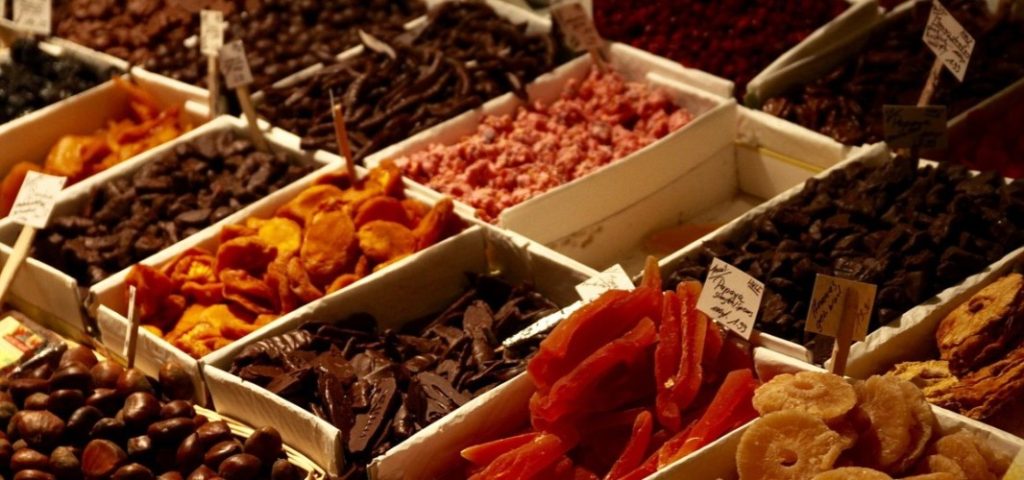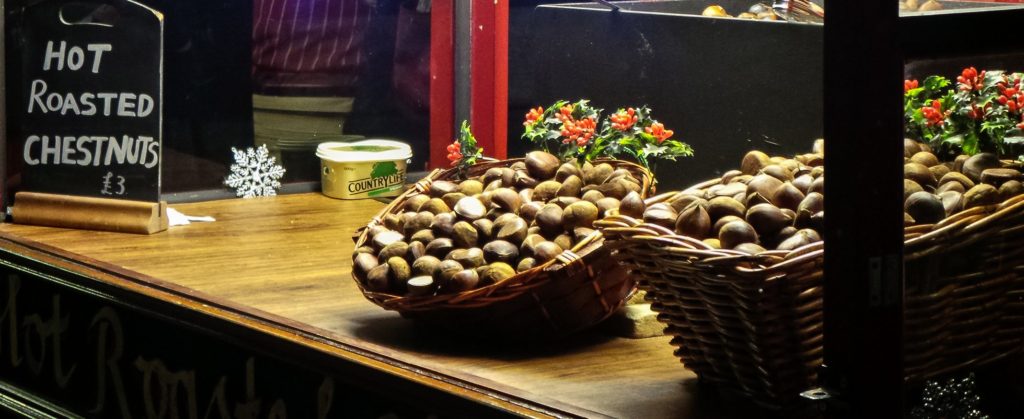
A property with the WOW factor doesn’t happen by magic. It takes imagination and skill. But if you haven’t got the money to employ a qualified interior designer, there are plenty of good tips on the web. A savvy hotelier or holiday homeowner with a good eye for design can easily use this free information to improve the look and feel of their property for a fraction of the cost. So why don’t they?
I travel a lot for my job, so I am in and out of spaces all the time: hotels, apartments and villas. I have rented them all. I’ve also used big and small agents: Airbnb, Booking.com, James Villas’s and independent owners. Depending on where I am and what suits my needs, I select a property on a mix of location, size, facilities and look Location and size can’t be changed, but the amenities and interior design can. Facilities are a blog post for the future, but for now, these are my top tips for achieving attractive holiday home spaces.
Space
Cramming the communal areas with too much furniture, especially in open plan living arrangements is one of the biggest mistakes to be made. In large properties, sofas and armchairs should be clustered together to create cosy areas. And the use of different colours, textures and patterns in specific areas such as sitting rooms and dining rooms can add appeal and intrigue.
Light it up
Lighting sets the mood and ambience of a room. Too little and the place is gloomy and depressing. Too much, and it feels sterile and unwelcoming. If you are going to invest time and money, to improve a room, lighting is an essential element to get right. When natural light is weak, use cleverly positioned mirrors within a space to highlight the colours, textures and patterns. When an interior space is too bright, soften the area with textural curtains or blinds.
Add Colour
Colour sets the tone and mood of property just as much as the lighting. So it’s worth researching the psychology of colour. However, bear in mind that not all the design tips for using colour will suit your property. For instance, in chalet interior design, where wood tones tend to dominate the palette, red may not be the best choice for a dining room. And green may not be ideal for a small bedroom.
Fabric softener
Fabrics are perfect for adding interest, texture and colour to a room. They can be employed used to create character and style by either complimenting or contrasting depending on the feel you want to achieve. A classic interior design styling tip for integrating soft texture within a bedroom is the use of cushions and bedspreads. And rugs are ideal for adding depth and warmth in a living space. The overall number one interior design tip for creating harmony within a room is accessory repetition. And three is always the magic number.
Maintenance
Above all, remember there is no point creating unity of colour, texture and pattern if the windows are dirty or curtains are unevenly hung. A good cleaner is worth their weight in gold. And no one likes shabby furniture or broken appliances, so please owners – stay on top of the maintenance!
For a more in-depth knowledge of a chic home environment and other themes, here’s how to become an interior designer, so you won’t need to hire a pro if you need one.
Revised from a blog written for the OVO network
 Sam stone is a freelance writer with an enviable job of being a travel and lifestyle blogger After working in the publishing industry for 15 years, she now travels the globe documenting her experiences for commissioned blogs and specialised web content. Based in Cornwall she unapologetically confesses to being a beach bum and obsessed foodie who is always on the lookout for her next big adventure!
Sam stone is a freelance writer with an enviable job of being a travel and lifestyle blogger After working in the publishing industry for 15 years, she now travels the globe documenting her experiences for commissioned blogs and specialised web content. Based in Cornwall she unapologetically confesses to being a beach bum and obsessed foodie who is always on the lookout for her next big adventure!




